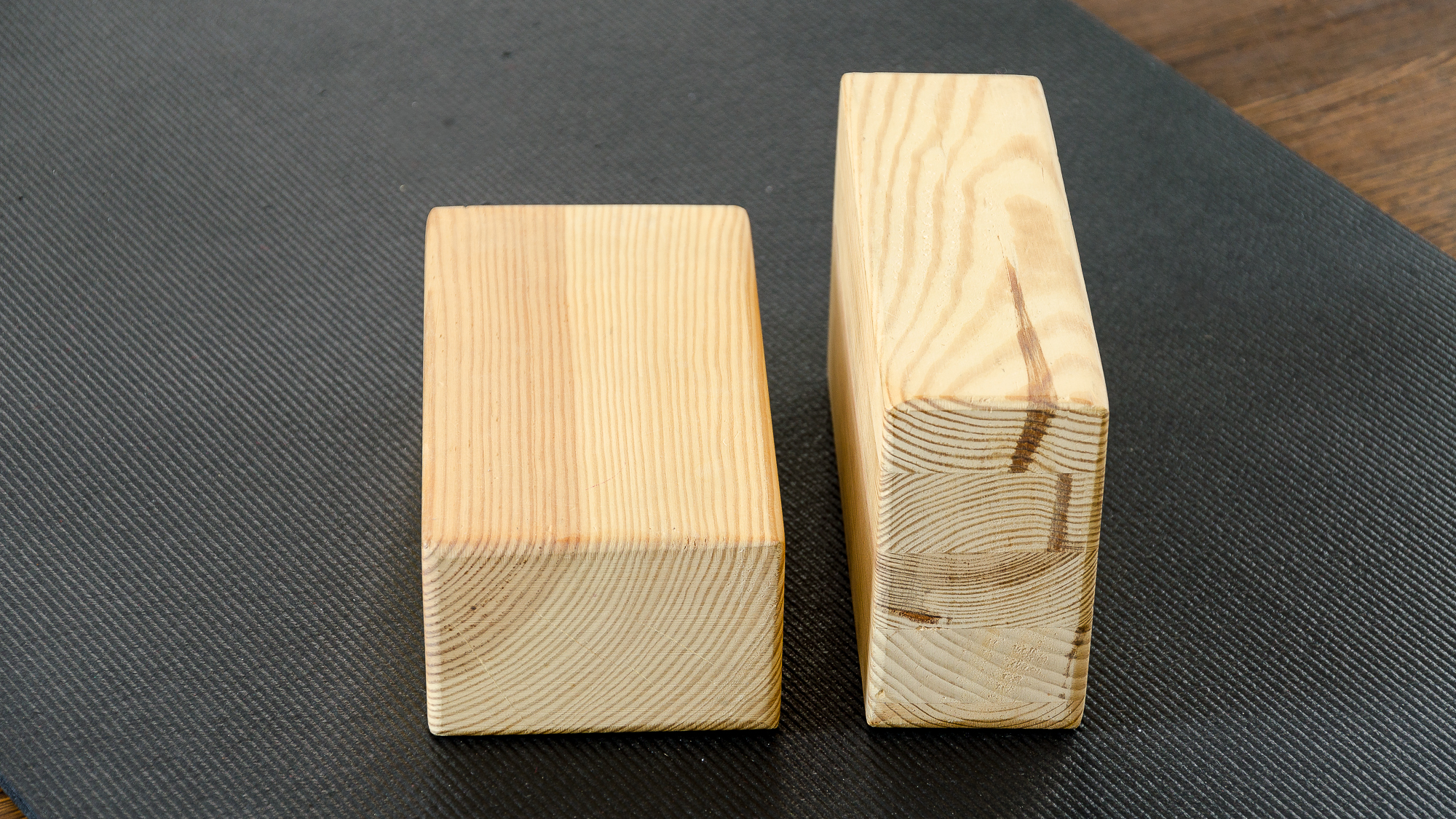
07 Feb Everything you need to know before you buy yoga blocks
Are you wondering whether you should buy yoga blocks? And if you decide to buy, which one you should choose? Wooden, cork or foam blocks? What can be used to replace the blocks? If you are tired of such questions, I will try to resolve all your doubts.
For many years I have been trying to limit the purchases of all kinds of things that can potentially become useless dust traps. Unfortunately, with varying degrees of success. Therefore, before making any purchase, I wonder or try to consider whether I really need this item and whether I will use it regularly. It is the same with yoga props. Before I buy something, I think if it is possible to replace a given yoga toy with something that I already have at home, so I think I will be able to help you decide whether you should purchase yoga blocks or not and if yes, which type you should opt for.
Should you buy yoga blocks?
Beginners
Inflexible yogis
People who exercise regularly at home – intermediate and advanced yogis
What can be used as a replacement for yoga blocks?
- chair
- stool
- stack of books
- cans
- pile of blankets
- the shelf
- everything else that you have at home. It’s worth being crative 🙂
Pros and cons of diferent yoga block types:
Wooden yoga blocks:
Pros
- the most universal
- stable
- ecological
- durable
Cons
- rigid –this is especially important in chest-opening asanas. It can hurtful to use wooden blocks for this purpose, especially for beginners. This can be prevented however, by covering the yoga block with a soft blanket
Foam yoga blocks
Pros
- slightly flexible when compared with wooden blocks – ideal for relaxing asanas and for check openers
Cons
- not ecological
- not very steady – not the best option for support in standing asanas
- not durable
Cork yoga blocks
Pros
- ecological
- slightly flexible when compared with wooden blocks – ideal for relaxing asanas and for check openers
Cons
- not very steady – not the best option for support in standing asanas




Sorry, the comment form is closed at this time.